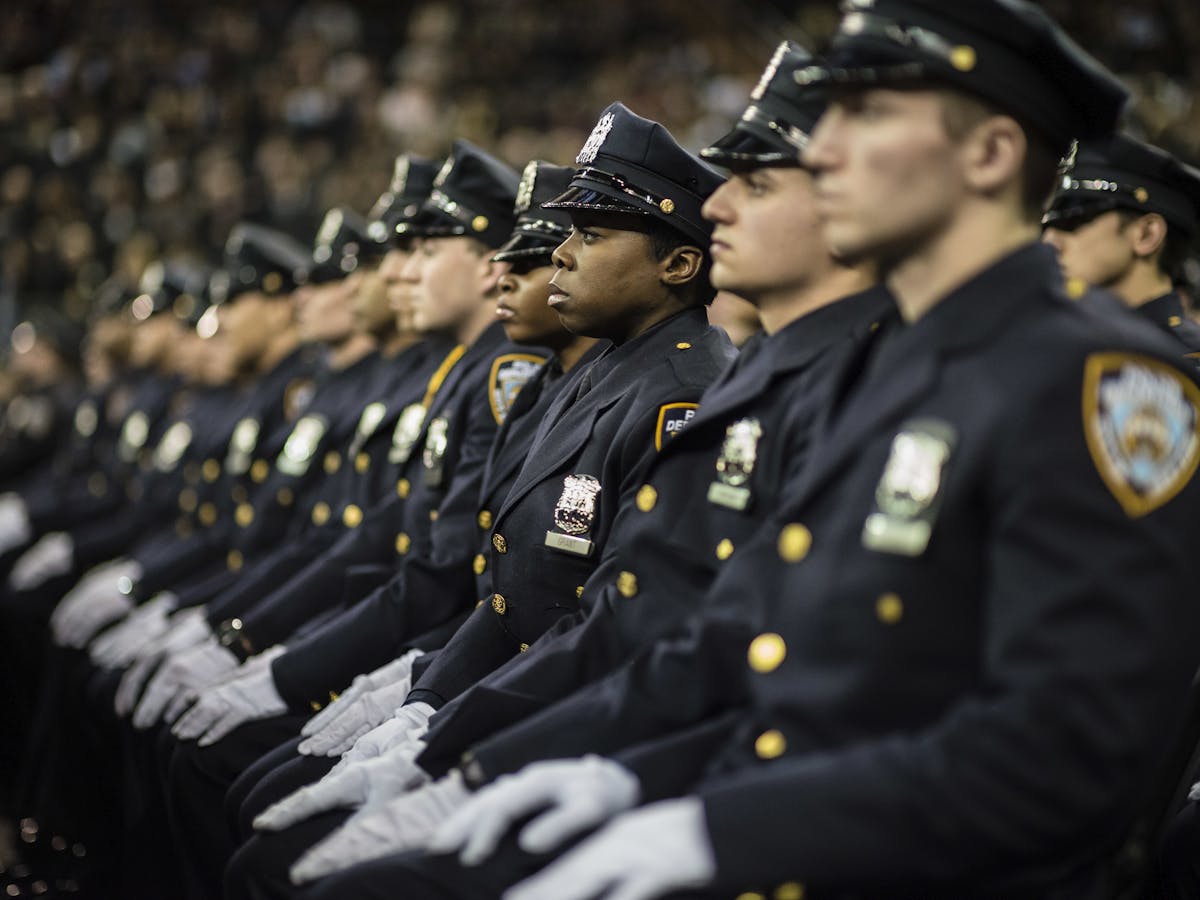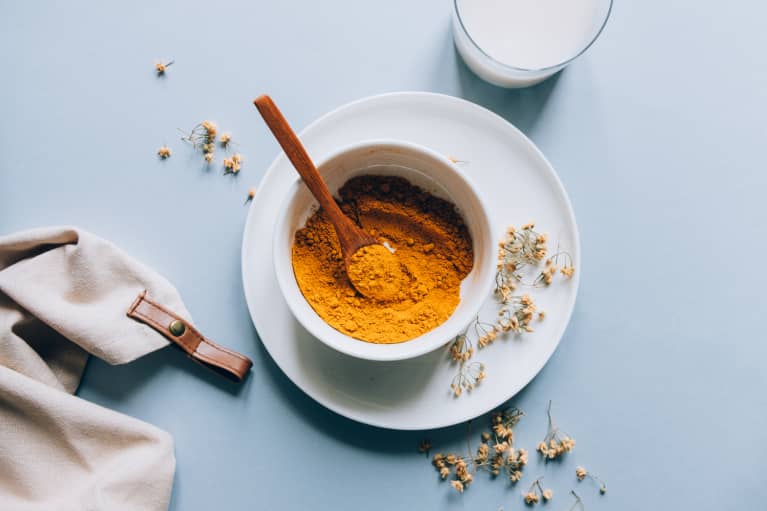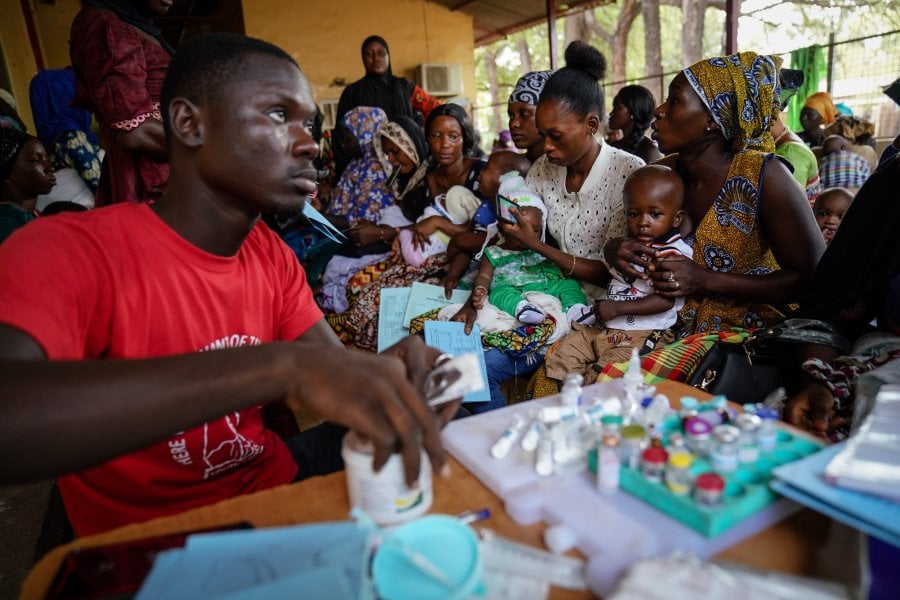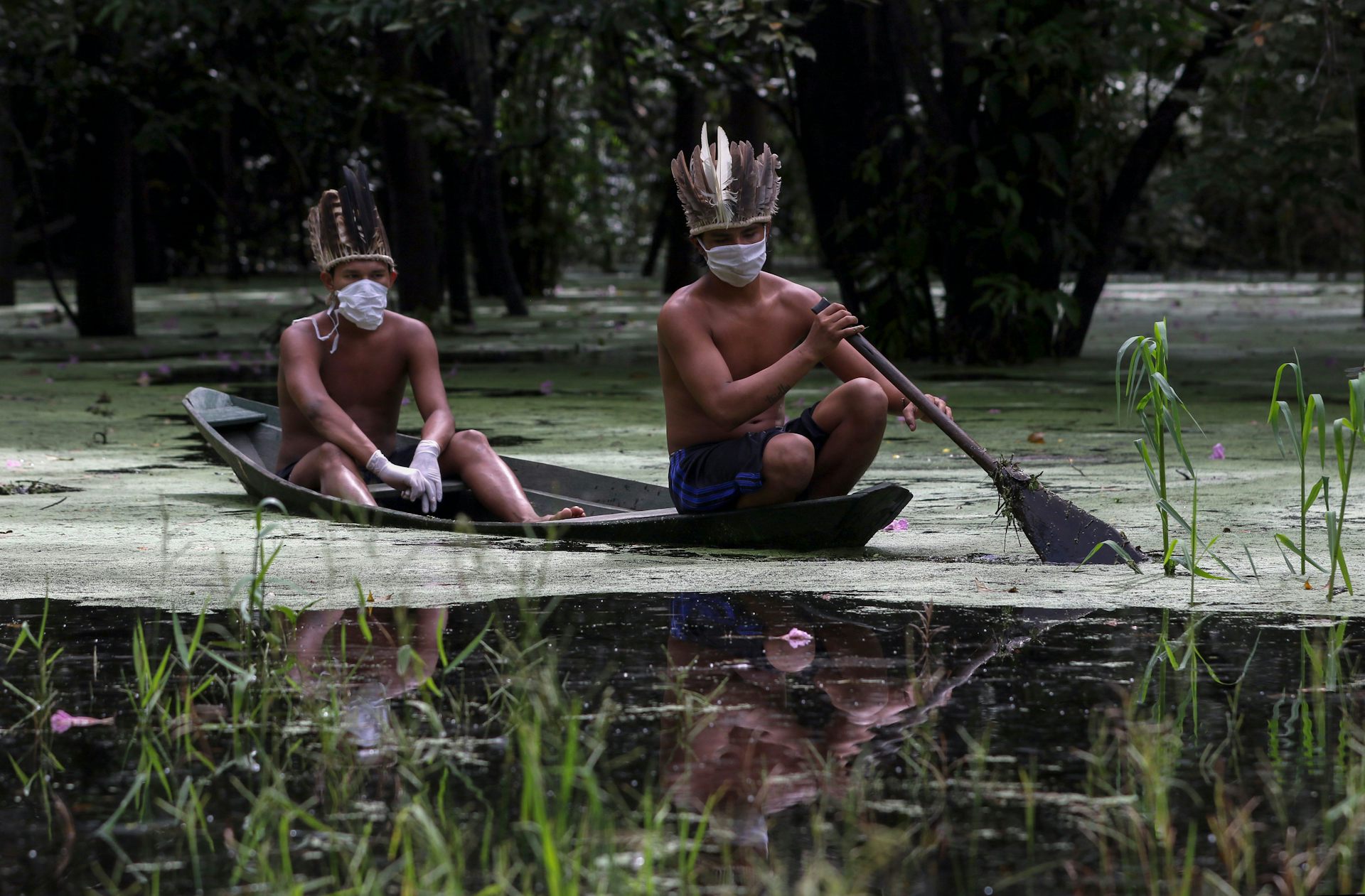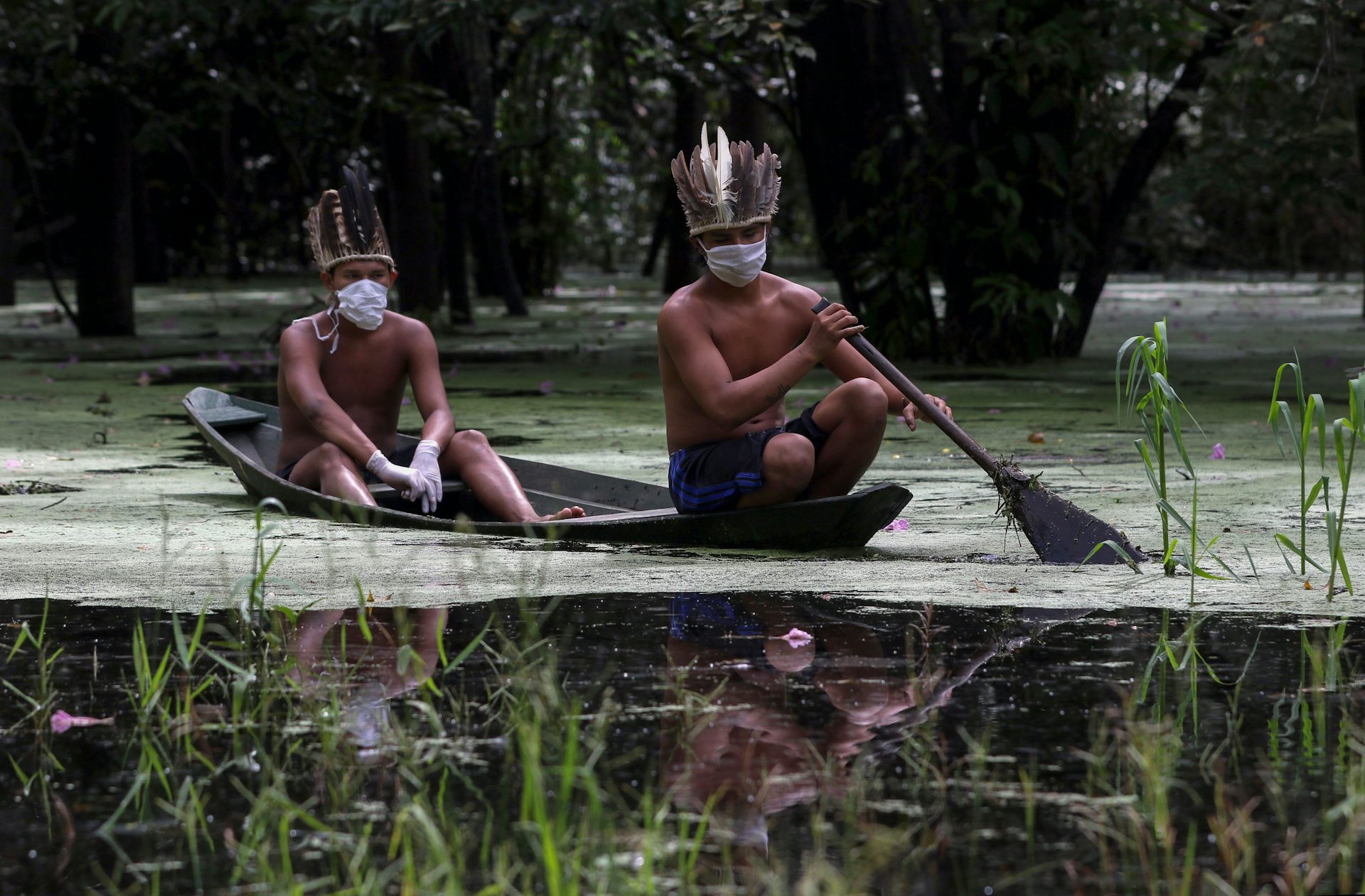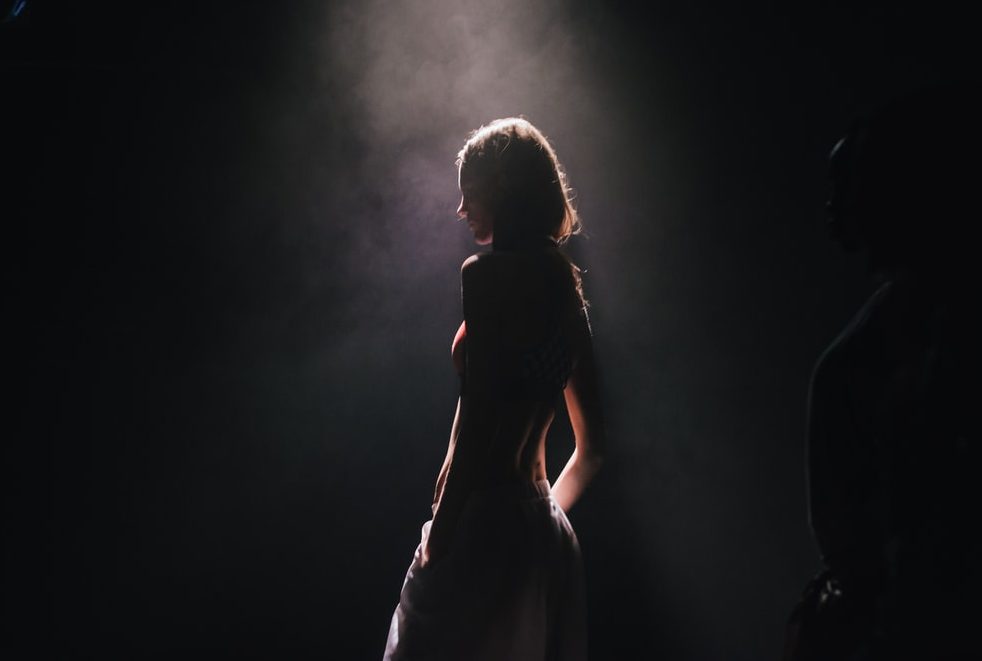White police officers are far more likely to use force than their non-white counterparts, especially in minority neighborhoods, according to a study from Texas A&M University researchers. The outcome is dramatically different when a white officer responds to a call versus a Black officer in an otherwise similar call, they found. White officers use force...
Author: sp (sp )
Black and Latinx Girls in NYC Learn Cybersecurity Skills at NYU Tandon
New York City students and teachers from diverse backgrounds and all five boroughs are gathering virtually this summer for the eighth annual initiative by NYU Tandon’s Center for K12 STEM Education, one of the largest and most comprehensive university-based programs of free STEM summer workshops, classes, and labs in the region. As part of its focus...
Texas Public Health Experts Launch Real-Time COVID-19 Data Dashboard with Prediction Modeling
A new COVID-19 tracking tool that can tell Texans what is happening in real time in their own communities and anticipate how one person can infect dozens more was recently launched by The University of Texas Health Science Center at Houston (UTHealth). TexasPandemic.org, developed by public health researchers in collaboration with biostatisticians and data scientists, is...
How Galaxies Die: New Insights into the Quenching of Star Formation
Astronomers studying galaxy evolution have long struggled to understand what causes star formation to shut down in massive galaxies. Although many theories have been proposed to explain this process, known as “quenching,” there is still no consensus on a satisfactory model. Now, an international team led by Sandra Faber, professor emerita of astronomy and astrophysics...
Turmeric Could Have Antiviral Properties
Curcumin, a natural compound found in the spice turmeric, could help eliminate certain viruses, research has found. A study published in the Journal of General Virology showed that curcumin can prevent Transmissible gastroenteritis virus (TGEV) – an alpha-group coronavirus that infects pigs – from infecting cells. At higher doses, the compound was also found to kill virus...
Benefits of Routine Childhood Vaccines Far Outweigh Risks of Additional Covid-19 Transmission in Africa, Modeling Study Suggests
The health benefits of maintaining routine childhood vaccination programmes in Africa during the COVID-19 pandemic far outweigh the risk of SARS-CoV-2 transmission that might be associated with clinic visits, according to a modeling study published in The Lancet Global Health journal. For every additional COVID-19 death that might be associated with additional exposure to the virus...
Racial Disparities in COVID-19 Are Clear; Better Data, More Targeted Action Needed
Marked racial disparities exist in confirmed COVID-19 cases and deaths, investigators say, and highlight urgent needs to ensure adequate testing and treatment are available to African Americans and safer working and living conditions are in place so they can better protect themselves. Also, more complete surveillance data is needed that always includes race, ethnicity and...
Judge Orders Brazil to Protect Indigenous People from Ravages of COVID-19
Brazil must take emergency measures to protect its Indigenous communities from the novel coronavirus, the Brazilian Supreme Court ruled on July 8. Justice Luis Roberto Barroso gave the Brazilian government just three days to establish a crisis response team. The team must get check points installed on Indigenous lands – with military support if necessary...
Brazil’s Bolsonaro Has COVID-19 – and So Do Thousands of Indigenous People Who Live Days from the Nearest Hospital
Brazilian President Jair Bolsonaro, who has denied the severity of the coronavirus pandemic and ridiculed social distancing, tested positive for the novel coronavirus on July 7 after showing mild symptoms. Bolsonaro is one of 1.9 million confirmed COVID-19 victims in coronavirus-wracked Brazil. But as a white, wealthy and powerful man, he is not a member...
How “Progressive,” Millennial-Focused Workplaces Have Tried to Keep Employees’ Discrimination Claims Quiet
In the weeks after George Floyd’s death, protests in support of social change have swept the country. Instagram feeds have been filled with images of Mr. Floyd, as well as Breonna Taylor and Ahmad Arbury, and pleas for donations to bail funds and protest updates populated many Twitter timelines. No shortage of fashion designers, brands,...

